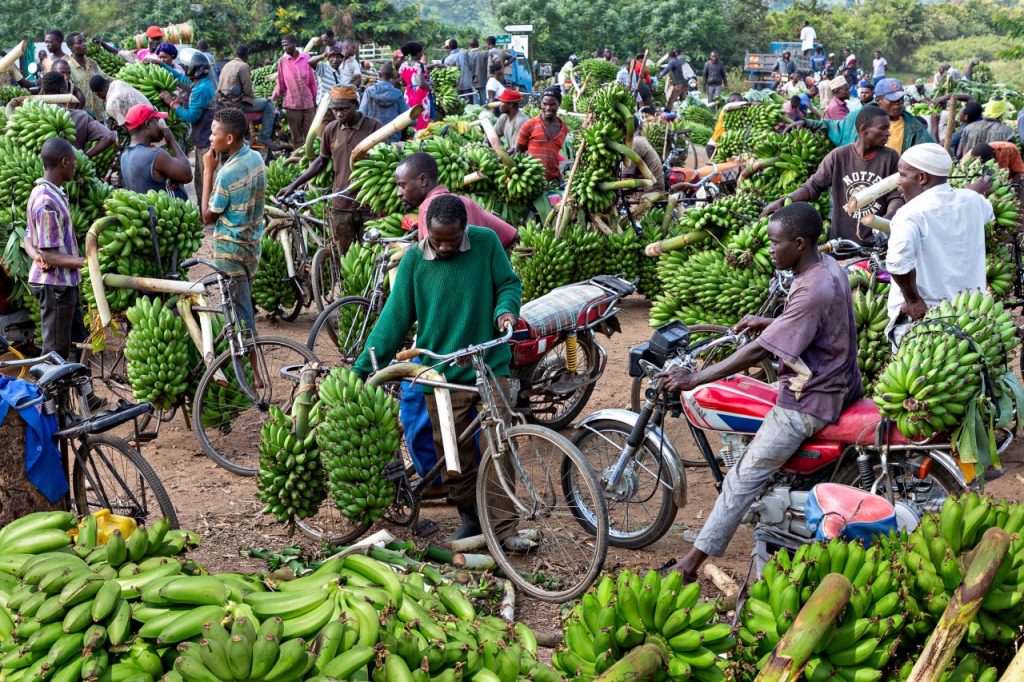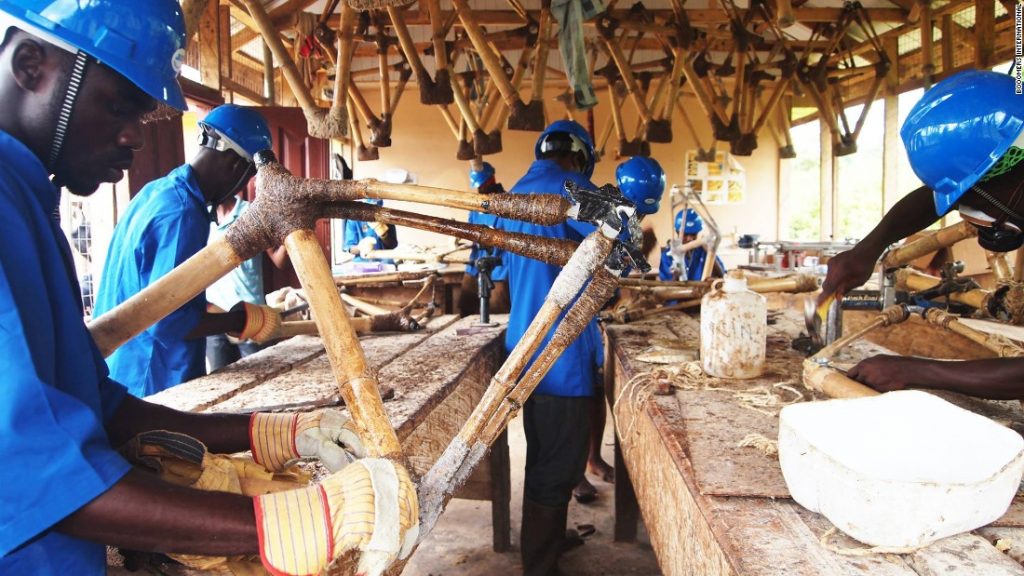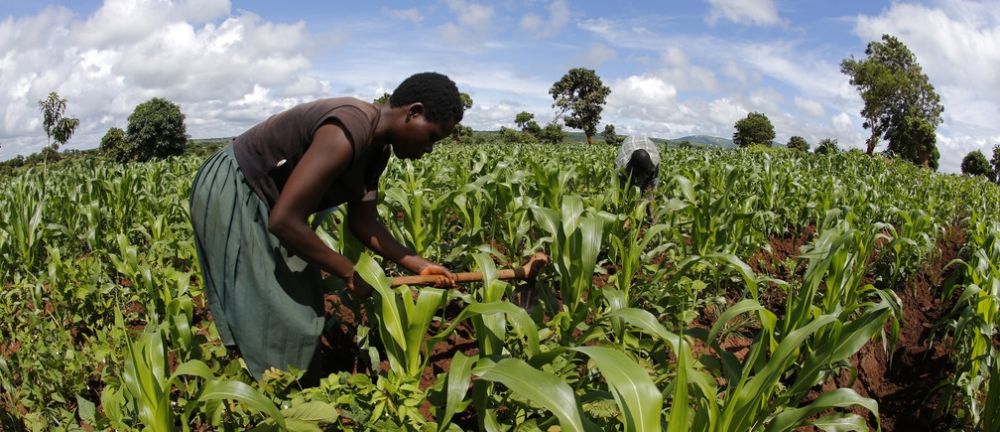Join GlobalBizzNetwork and start your international business network today.
Uganda

Uganda is located at the heart of East and Central Africa and shares borders with other resource-rich and economically important countries. This makes it a regional trade and investment base. There are good macro-economic policies that have helped promote a stable economic environment.
The economy is also relatively liberal, for instance Uganda allows free in-flow and out-flow of capital, complete foreign ownership of Investments, permits importation of capital goods free of VAT and duty and currency exchange rates are freely determined by the market.
Uganda is a part of and therefore benefits from strong Regional Economic Groupings such as The Common Market for East and Southern Africa (COMESA) with 20 member countries and a market population of 380 million people and the East African Community (EAC) with 4 other member countries Kenya, Tanzania, Rwanda and Burundi which collectively have a market population of 120 million people.
Uganda has abundantly been gifted by nature in diverse ways for example, it has one of the best climates in the world with rainfall all year round, abundant fertile soils and the many fresh water bodies, all of which greatly favour investment in agriculture. Uganda currently leads in Organic Agriculture in Africa. The abundance of Mineral Deposits, both metallic and non-metallic Minerals, such as phosphates, iron ore, copper, marble, gold and the recently discovered vast deposits of petroleum in the Albertine region, provide an alternative from over dependence on agriculture. There are other sectors as well such as the Tourism sector, ICT, Engineering etc. the possibilities in Uganda are simply limitless.
According to the last World Bank Report, Uganda is one of the top 25 countries with simple labour hiring in the world. Uganda Produces over 25,000 University graduates every year trained through the country’s inherited British System of Education. This has earned Uganda a place as one of the best English Language speaking countries in Africa. Good English language skills make Uganda competent at Global Business level.
Investors and their establishments are also guaranteed protection.Uganda applies both Local and International Laws to protect private investments and business, through enactments and ratification. Such laws include: The Ugandan Constitution, The Industrial Property Act, The Trademarks Act, The Uganda Investment Code, Multilateral Investment Guarantee Agency (MIGA), The TRIPS Agreement, Overseas Private Investment Corporation (OPIC) of the United States, and Convention on the Recognition & Enforcement of Foreign Arbitral Award (CREFAA) etc.
Uganda also offers a safe environment characterized by a low rate of crime and violence, which permits for work to go on safely all day and night.
Last but not least the creation of the Uganda Investment Authority (UIA) The Authority is equipped to swiftly handle investor’s requirements for information, offer information on investment opportunities in, promote Uganda as an investment location for investors, help investors to implement their project ideas through professional advice, and assistance in locating relevant support services, help investors to secure secondary licenses and approvals, arranging contacts for investors and organizing itineraries for visiting foreign missions within the country and reviewing and making policy recommendations to government about investment. UIA is a one-stop facilitator for Investors and therefore gives Uganda an edge over all the other countries.
Opportunties in Uganda
Agricultural products make the most exports in the country and also over 80% of the population is employed in the agricultural sector. It should however be noted that most of the products are exported with minimum or little processing which makes the returns on them very little.
Uganda is the leading producer of coffee in Africa. It is also a producer of tea, cotton, tobacco, cereals, oilseeds, fresh and preserved fruit, vegetables and nuts, essential oils, orchids, flowers and sericulture. Opportunities include commercial farming and value addition, as well as the manufacture of inputs and supply of agricultural machinery.
The other sectors include; real estate development, tourism, construction, mining industry, telecommunication development. The recently discovered vast oil deposits in the region of surrounding Lake Albert is another investment opportunity.







